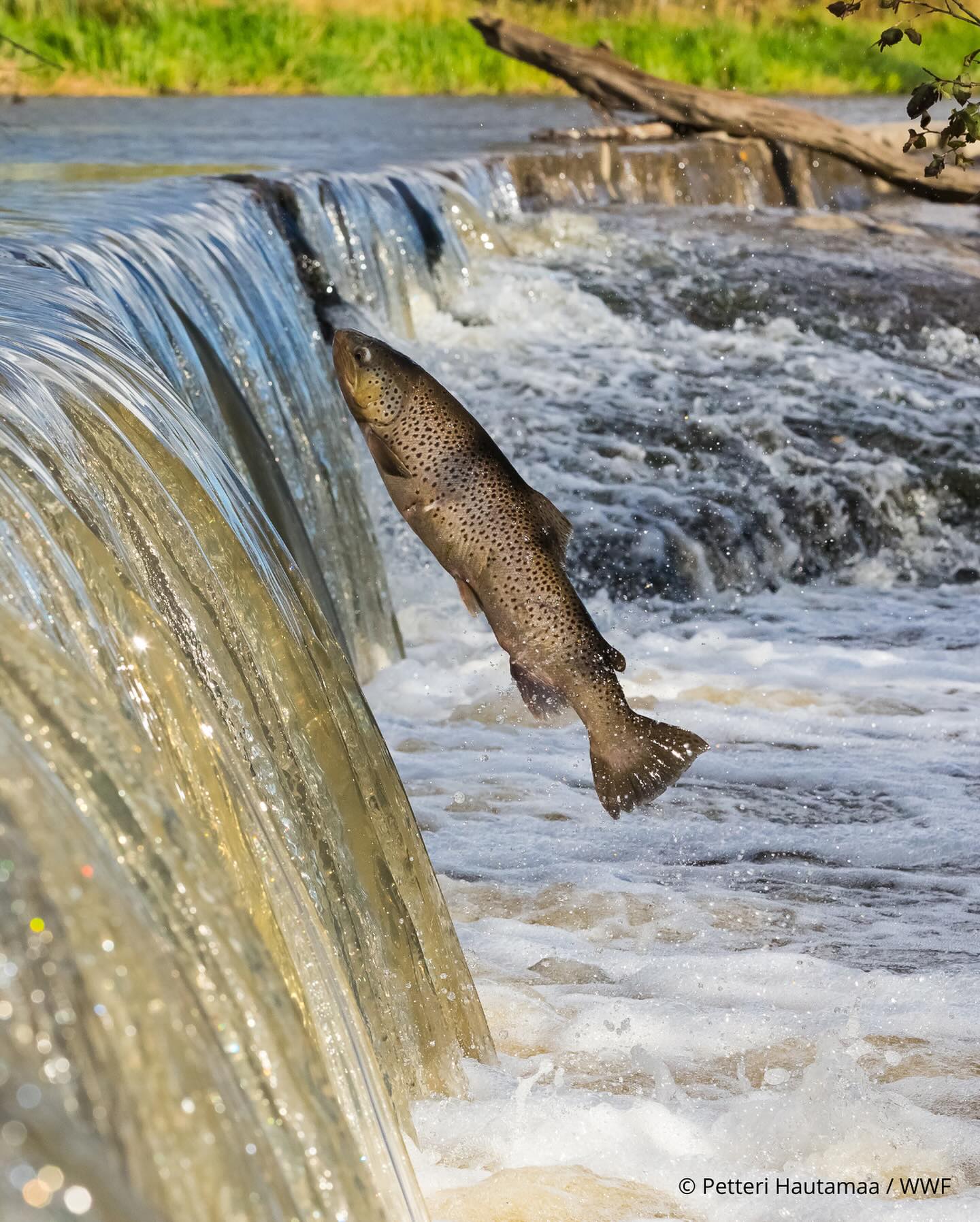- The critical role of migratory freshwater fishes in global food security and ecosystem health
- The precipitous 81% decline in migratory freshwater fish populations over the last 50 years
- Key threats facing migratory freshwater fishes: hydropower dams, habitat loss, overexploitation, pollution, and climate change
- The importance of Indigenous knowledge and community involvement in conservation efforts
- Strategies for reversing the decline of migratory freshwater fish populations
Migratory freshwater fishes are indispensable in ecological and socio-economic systems worldwide. These species, which navigate river systems to complete their life cycles, are paramount for the food security of over a hundred million people. They play a vital role in the cultures of Indigenous Peoples and local communities and are the backbone of recreational fishing industries worth billions of dollars. Beyond their economic value, migratory freshwater fishes are key to maintaining the health and biodiversity of river ecosystems, supporting many species, including humans.
Over the past half-century, the populations of these critical species have been in freefall, with a staggering 81% average decline. This dramatic decrease signals not just a loss of biodiversity but also jeopardizes the livelihoods and food sources of millions of people across the globe. Investigating the causes behind this decline reveals a confluence of anthropogenic pressures, including constructing hydropower dams, widespread habitat loss, rampant overexploitation, pervasive pollution, and the exacerbating effects of climate change.
Hydropower dams act as insurmountable barriers to fish migration, blocking access to spawning and feeding grounds. Habitat loss occurs by altering river landscapes for agriculture and urban development, fundamentally changing the aquatic habitats fish depend on. Overexploitation through unsustainable fishing practices further compounds population declines. Pollution from agricultural runoff, waste disposal, and industrial processes degrades water quality, affecting fish populations’ health and reproductive capabilities. Lastly, climate change introduces additional stressors such as altered flow regimes, increased water temperatures, and more frequent and severe extreme weather events, further straining these already vulnerable species.
The significance of migratory freshwater fishes extends beyond their economic value; they are also indispensable for the ecological integrity of river systems. Their migration patterns and life cycles help maintain the productivity and nutrient cycling in aquatic environments, supporting their species and countless other organisms. The decline of these fish populations signifies a broader ecological crisis that could lead to the collapse of these complex river ecosystems.
Indigenous Peoples and local communities possess profound knowledge and understanding of these fish and their ecosystems, honed over generations. Their insights and traditional practices are invaluable to crafting effective conservation strategies aligning with cultural values and ecological needs. Engaging these communities in conservation efforts leverages this knowledge and ensures that conservation measures respect and incorporate local traditions and livelihoods.
Reversing the population decline of migratory freshwater fishes demands a multifaceted approach. Protecting and restoring river habitats, implementing sustainable fishing practices, controlling pollution, and carefully managing water resources are critical. Additionally, developing fish passage solutions at hydropower dams can help to mitigate one of the primary barriers to fish migration. Conservation efforts must also consider the impacts of climate change, adopting adaptive management strategies that are resilient to changing environmental conditions. Collaboration between governments, conservation organizations, Indigenous Peoples, local communities, and the private sector is essential to address migratory freshwater fish’ complex challenges.
The decline of migratory freshwater fish populations is an urgent conservation issue that threatens global biodiversity, food security, and the livelihoods of millions of people. By acknowledging the multifaceted threats these species face and taking decisive action to address them, it is possible to reverse the trend of decline. Protecting migratory freshwater fishes is not just about conserving the species themselves but about preserving the health of river ecosystems and the human cultures that rely on them. The time to act in defense of these invaluable species and the myriad benefits they offer to nature and people is now.
*****
Source Description
Migratory freshwater fishes are in freefall with populations crashing by 81% on average in the past 50 years due to hydropower dams, habitat loss, overexploitation and pollution. And increasing climate change.
Why is this important? Migratory fishes are critical to the food security of 100+ million people, the cultures of Indigenous Peoples & local communities, and recreational fishing industries worth billions.
They’re also essential to the health of our rivers and countless other species.
Double tap if you agree we must better protect nature and people! 🐟


